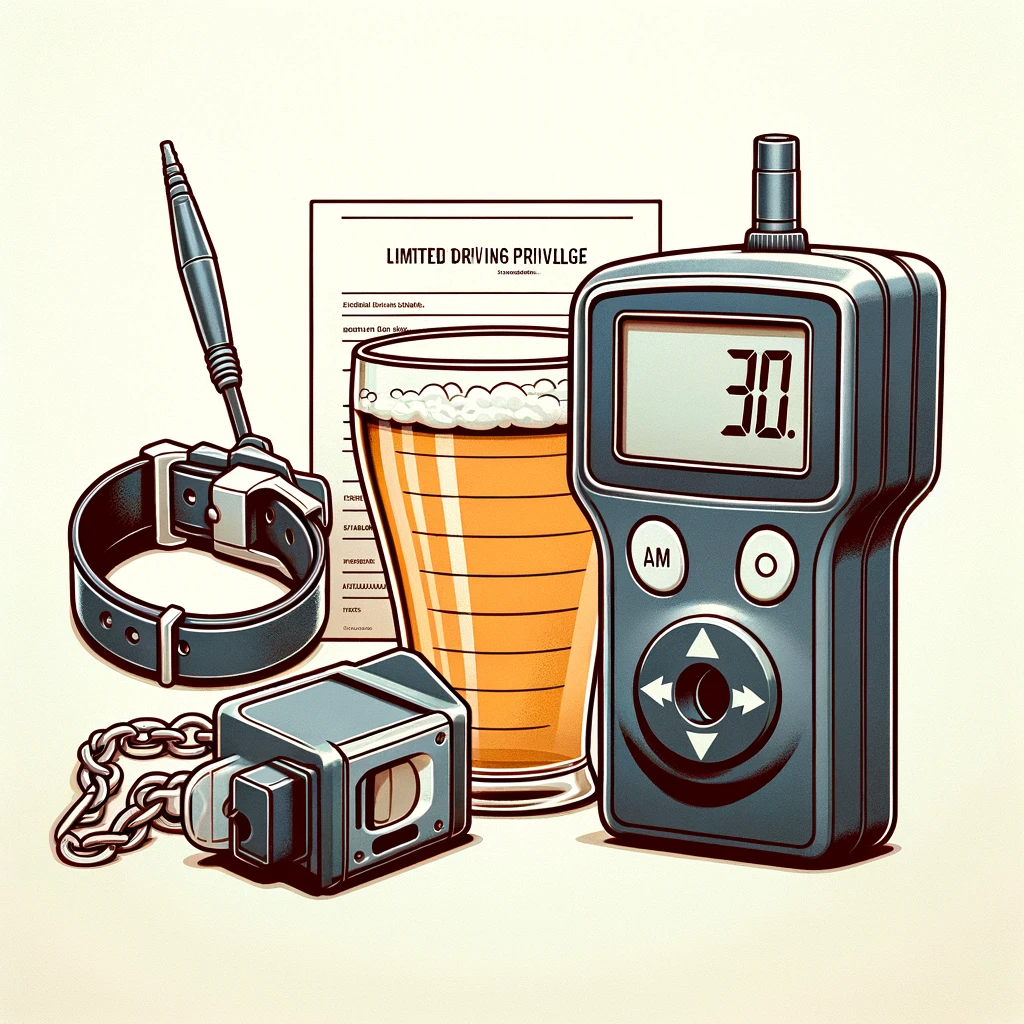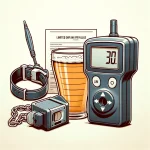In North Carolina, facing misdemeanor or felony charges can lead to severe consequences, including jail time and significant fines. However, probation presents a viable alternative for some, depending on their criminal history and the nature of their offense. This blog explores the intricacies of probation in North Carolina, outlining its essential elements, types, conditions, and the implications of probation violations.
Essential Elements of Probation: Time Frame and Suspended Sentences
Probation in North Carolina is defined by two primary factors: a set probationary period and a conditional suspended sentence. The length of the probation period is determined by the judge and typically ranges from 12 to 18 months for misdemeanors, and 24 to 36 months for felonies. The suspended sentence, a critical component of probation, is a jail term held in abeyance, activated only upon violation of probation terms. Successfully completing the probation period without violations leads to its termination and nullification of the suspended sentence.
Types of Probation: Supervised and Unsupervised
North Carolina’s sentencing system accommodates different levels of probationary supervision:
Supervised Probation: This intermediate form of punishment requires regular interactions with a probation officer.
Unsupervised Probation: Available to those qualifying for community punishment, it does not entail regular meetings with a probation officer.
Probation Conditions and Compliance
The terms of probation are tailored to each individual’s case, factoring in the nature of the offense and past convictions. These conditions might include periodic drug testing for drug-related offenses, no-contact orders for gang-related crimes, and more generalized requirements like scheduled meetings with probation officers, court appearances, fine payments, restricted travel, law abidance, drug and alcohol abstinence, random testing, house arrest, electronic monitoring, firearm possession prohibition, and maintaining employment or educational pursuits.
Probation Violation Triggers
In North Carolina, probation can be violated under three main circumstances:
New Criminal Charge or Conviction: This includes any new misdemeanor or felony charge during the probation period, except for minor infractions.
Technical Violations: Accumulating multiple minor infractions or failing to adhere to probation conditions.
Absconding: Failing to stay in contact with a probation officer or disappearing while under supervision, which is treated as a serious violation.
The consequences of violating probation depend on the violation’s nature, severity, and any previous violations. Those under supervised probation may see their outcomes influenced by their probation officer’s recommendations. Possible repercussions range from warnings and probation violation hearings to additional probation conditions, extending the probation term up to five years, probation termination without additional terms, a 30-day jail sentence for contempt of court, or complete revocation resulting in imprisonment.
In summary, probation in North Carolina offers an alternative to incarceration, balancing leniency with strict legal obligations. Understanding the various aspects of probation is crucial for successfully navigating this legal landscape.







